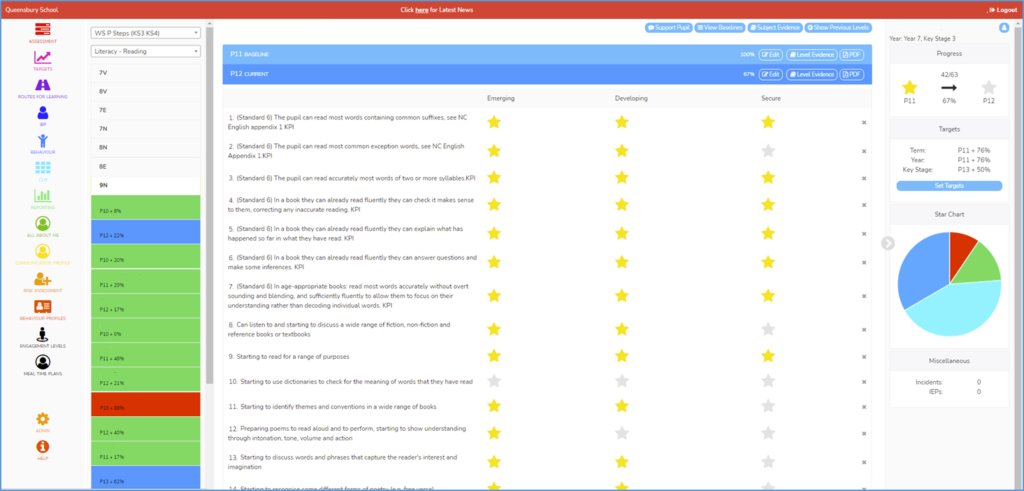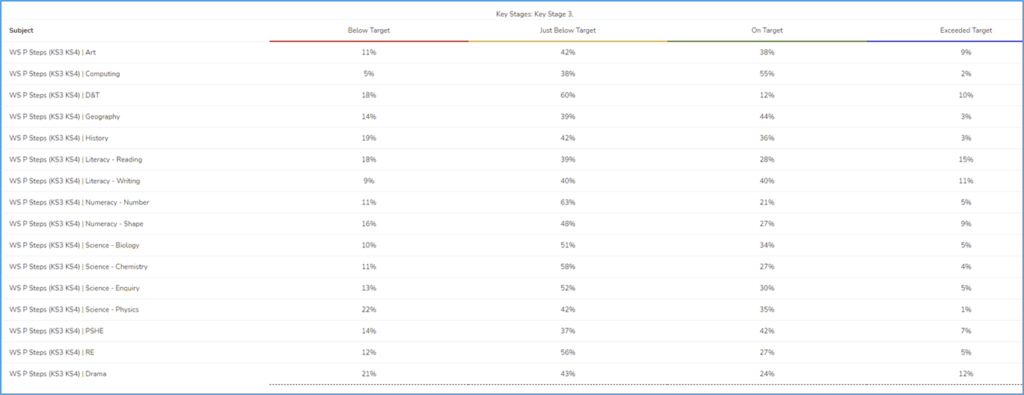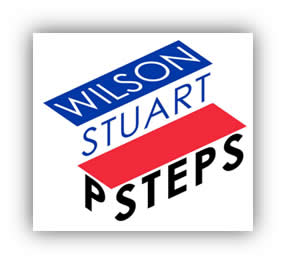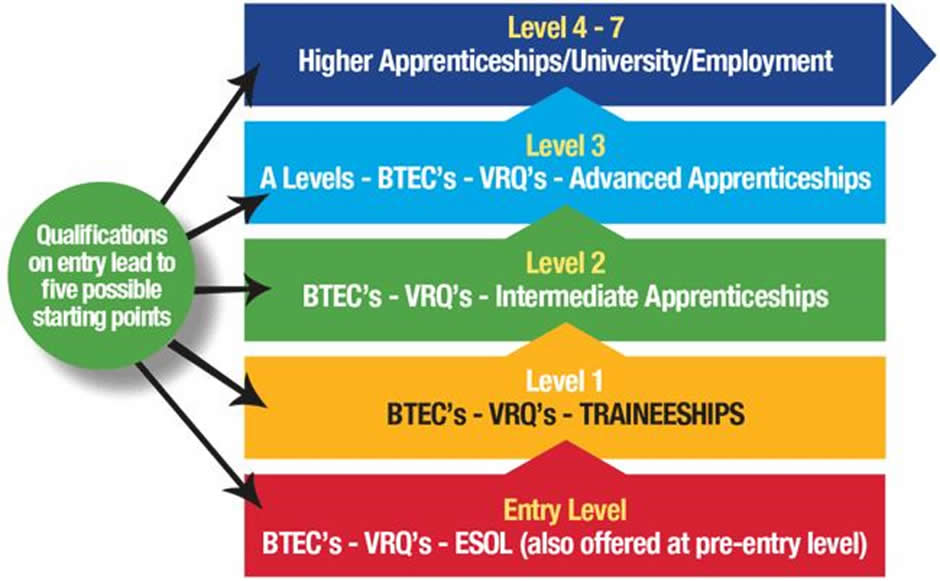How we Assess Progress at Queensbury School
| Assessment Cycle |
| Wilson Stuart P-Steps |
| WS-P Steps Expectations |
The following principles from the Department for Education have been considered in our approach to assessment:
How we assess learning?
- Give reliable information to parents about how their child, and their child’s school, is performing.
- Help drive improvement for pupils and teachers.
- Make sure the school is keeping up with external best practice and innovation.
- The principle of assessment is to check and identify what a child understands and what they need to learn next.
This is done on a daily and lesson by lesson basis. - Progress is also checked on a termly basis.
- Targets are set for the end of each year and end of each Key Stage.
- Formative Assessments are made 3 times per year but summative assessments are completed on an ongoing basis in lessons.
- Some pupils will undertake tests and exams during the academic year.
- Every child will receive a written report during the year surrounding their progress. They will also receive two WEDUC progress reports throughout the year to provide a snapshot of their progress.
- Parents have two parents evening per year they can attend to check on their child’s progress. One which is focussed on reviewing the IEP targets and the other is with subject teachers.
- The school uses its own assessment system it has created based from Wilson Stuart P Steps.
- Education Health Care Plan Targets form the holistic focus in a child’s IEP (Individual Education Plan).


What is Wilson Stuart Progress Steps?


- Its content has been designed over several years by Wilson Stuart School and Queensbury school have evolved the platform for its learners. It is designed to be on one continuum and to be simpler for parents to understand the progress of a child.
- It incorporates the original P levels at the lower end and stretches up to the new mainstream National Curriculum so we challenge every child regardless of ability. (From P1i to P18). Queensbury School operates P4 – P18.
- It also crosses over past assessment systems so rough comparisons can be made when we moderate with other schools.
- Cognition level / Age appropriated learning is also mapped into the scale.
- It utilises a software company SOLAR to to record the assessment data online. Heads of Faculties and SLT triangulate to corroborate staff judgements.
Exams and Accreditation
Click here to view two short videos that explain the new grading system for GCSE.
GCSE Exams
- Our most able students will undertake GCSE exams at the end of Key stage 4 (Year 11) and they can undertake resists in the Sixth Form to improve on their English and Maths Grades.
- Our Navigator and Venture Classes are likely to undertake GCSES.
- GCSE Exam grading changed in 2017 to a numerical value from 9 – 1 grades (Instead of A* to G). See Grade Descriptors here.
Progress 8 and Attainment 8
- Progress 8 is a new secondary accountability measure aimed at measuring the progress of pupils across a selected set of 8 subjects. It is designed to make sure schools have a broad and balanced curriculum. It is also designed to challenge the most able students and not just satisfy with an equivalent C / Grade 4 pass.
- Attainment 8 is the students’ average achievement across these eight subjects. Since 2016, the floor standard has been based on schools’ results on the Progress 8 measure. Attainment 8 Points are awarded for each grade received by the student and this is plotted against their predicted outcome.
BTEC and Level 1 – 3 Accreditation
- Students can undertake Level 1 – 3 Qualifications in either Key stage 4 (end of Year 11) or in Key Stage 5 (Sixth Form – Year 12, 13, & 14).
- The majority of our students undertake subjects that are set at Level 1 and 2 qualification standard.
- Navigator Classes will undertake these qualifications.

Functional Skills, Entry Level Qualifications and Awards
- Entry level exams (Functional Skills) just focus on the core elements to a subject and are suited for our less able students not able to undertake GCSE’s.
- Explorer and Venture Classes will undertake these qualifications.
Certificates and Awards
- Students unable to take Functional Entry Level Qualifications will undertake vocational awards and certificates developing understanding of the world, independence and communication.
- Our Discovery and Quest Classes are likely to undertake these awards.
Target Setting
- Teachers will set challenging annual targets, to aim to reach their projected Key Stage expectations. Students which fall behind or need additional support will be referred to our Heads of Faculty and Intervention workers to help keep progress on track.
- The WS P Steps system also a key stage target setting system built into the system which ultimately projects where a child should be, dependent on age and start point. This helps teachers, students and parents understand what we expect of our students to ensure excellent progress.
Data Analysis

- The teachers, Middle Leaders (Heads of Faculty) and the Senior Leadership Team keeps a close eye on every child’s progress and attainment. Solar Assessment is used to look for patterns and trends across key groups and carefully monitor. We are careful not to spend unreasonable amounts of time generating data, but looking for any key trends or patterns to improve our provision to our young people.
- Progress students make towards their IEP targets are also monitored via the Solar Assessment platform.
